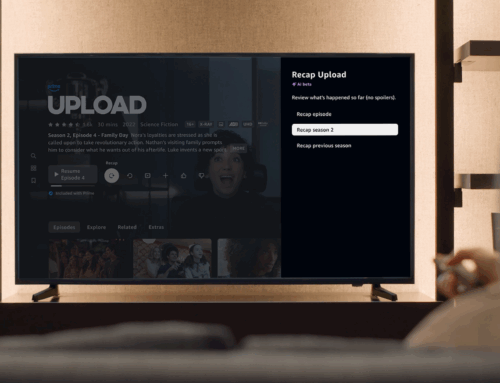Say goodbye to Instagram and WhatsApp – The FTC wants Meta to divest from its two biggest
April 17, 2025
Meta’s world has taken a hard hit, as Mark Zuckerberg’s company could be forced to sell Instagram and WhatsApp if it loses the lawsuit that has just begun in the U.S. The Federal Trade Commission (FTC) now accuses Zuckerberg’s company of having bought both platforms to eliminate competition and maintain a monopoly on social media… Is that true? If the court rules against them, it would be a historic blow to the tech giant. We’ll tell you everything below.
Zuckerberg acquired Instagram in 2012, and then, years later, completed his trio by buying WhatsApp. At the time, these acquisitions were approved by the FTC itself, but now this lawsuit seeks to reverse that approval, arguing that the purchase was not for innovation but to “neutralize” emerging rivals like Instagram was in 2012 and thus take control of the entire market.
Why is Meta being sued?
The accusation is clear: the FTC claims that Meta has used its financial power to block competition, buying up emerging apps instead of competing with them, and it has been doing this since 2008! Everything is based on 2012 emails where Zuckerberg expressed concern about Instagram’s rapid growth compared to Facebook’s performance (which was his only app at the time). In those emails, Zuckerberg admits it was better to buy than to compete. And so he did, acquiring the app years later.
On the other hand, he also bought WhatsApp, and of course that reinforces the FTC’s accusation. Meta strengthened its control over the digital system, keeping these apps as separate platforms but under the same power structure.
Meta’s defense: “We compete like everyone else”
Meta does not deny the purchases, obviously, but rejects having acted in an anti-competitive way, calling the case a “weak lawsuit that ignores reality,” since they believe they face strong competition from platforms like TikTok, YouTube or X among many other apps.
During the trial, Zuckerberg claimed he bought Instagram for its camera technology, not because the social network was on the rise, but the 2012 messages don’t seem to support that statement very well.
What would happen if Meta loses the case?
If the FTC wins the case, Meta could be forced to sell Instagram, WhatsApp, or both. This wouldn’t necessarily mean an immediate change for users, but it would shift the balance in the digital market, according to experts like digital sociologist Steven Buckley. Breaking up Meta would make it easier to regulate social networks individually.
And that could have direct implications on things like content moderation, privacy, or the use of personal data. “If it gets split, it would be easier for lawmakers, ensuring proper service to users” said Buckley.
Who could buy these platforms?
It all depends on who buys. If someone as controversial as Elon Musk or an investment fund takes control of Instagram, like what happened with Twitter (now X), it’s possible that many users would leave massively for new alternatives that emerge, like BlueSky.
But if it falls into the hands of a discreet company, without major visible changes, it’s likely that most people will keep using it as they always have.
What would the consequences be?
Although Meta does not reveal exactly how much it earns from each app, it is estimated that Instagram generates around $37 million a year, surpassing Facebook’s revenue according to analysts.
So of course, Zuckerberg’s eagerness to get out of this case is clear: they can’t afford to lose that income because it would be a catastrophe for Meta.
What can we expect?
The court’s decision will not only affect Meta, but could also open the door to more lawsuits against other big platforms for similar monopoly practices. And at a time when the control of social networks is more questioned than ever, this case could define the future of the digital system in terms of free choice and regulations. Will Zuckerberg manage to get out unscathed?
Search
RECENT PRESS RELEASES
Related Post




